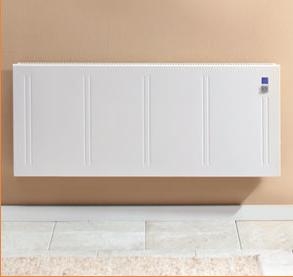Top Tips for an Affordable Warm Home

Whether you have electric heaters or any other type of heating solution installed in your property, keeping your home warm without sending energy bills spiralling is only possible if you know how to maximise the effectiveness of your system.
At Electric-HeatingCompany.co.uk, we like to make sure our customers are able to reap the benefits of our products, so here are some top tips for keeping your home warm.
Get Insulating
When it is colder outside than it is inside, all homes will lose heat. Insulating your property will ensure a more energy efficient home by reducing heat loss and lowering both energy bills and CO2 emissions.
In a typical British home, around 25% of heat is lost through the roof. Insulating your loft with a minimum of 200mm insulation will reduce your energy bills by around 20%.
An even bigger source of heat loss than the roof is the walls, which are responsible for around 35% of warmth that escapes. Homes built after 1920 and before 2000 are likely to have cavity walls and by pumping in some cavity wall insulation, you can prevent over a third of your electric heating being wasted and save around £110 on energy bills.
Exclude Draughts
Draughts let cold air in and hot air out and are responsible for the 40% of heat lost through doors (15%), floors (15%), and windows (10%). With some simple draught exclusion measures, you can make your home much cosier and give your electric heaters much less work to do.
Seal gaps around doors using rubber or brush seals and thick curtains or use a draught excluder to trap heat. The front door is the biggest problem; making sure your letterbox is fitted with a draught excluder will reduce hallway heat loss by a quarter.
For floorboards and skirting boards, use a sealant to fill any gaps. Laying a carpet or large rug will also help you to trap heat.
Installing double-glazing is the best way to make windows more efficient, but sealing gaps and fitting blinds and curtains helps greatly.
Heat Your Home Right
When heating your home, it is important that you do it correctly so as not to waste any of the warmth. The ideal living temperature is between 18°C and 21°C for the majority of people; however, older people should keep thermostats set to 21°C.
When your electric heating is on, make sure that windows and doors and closed, and get to know the controls you can set the timer to to warm a room prior to you entering it.
